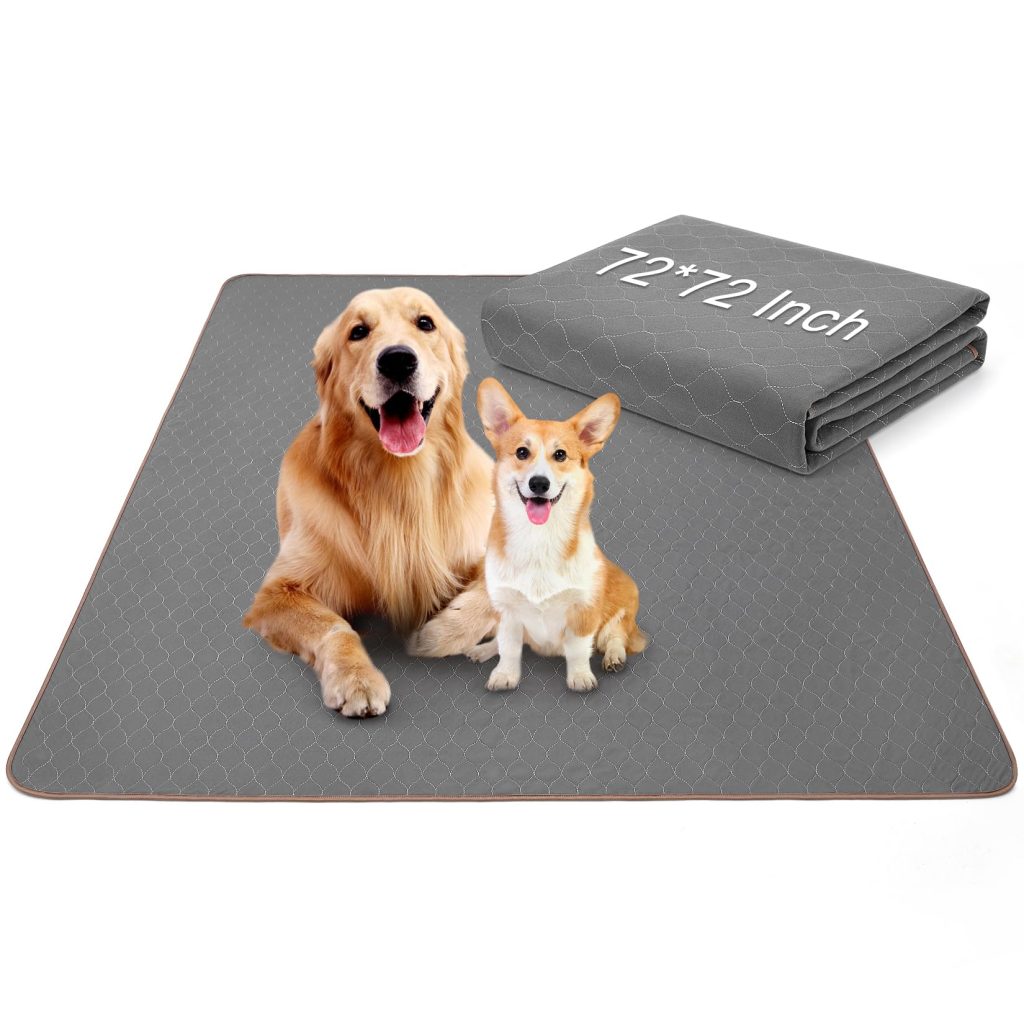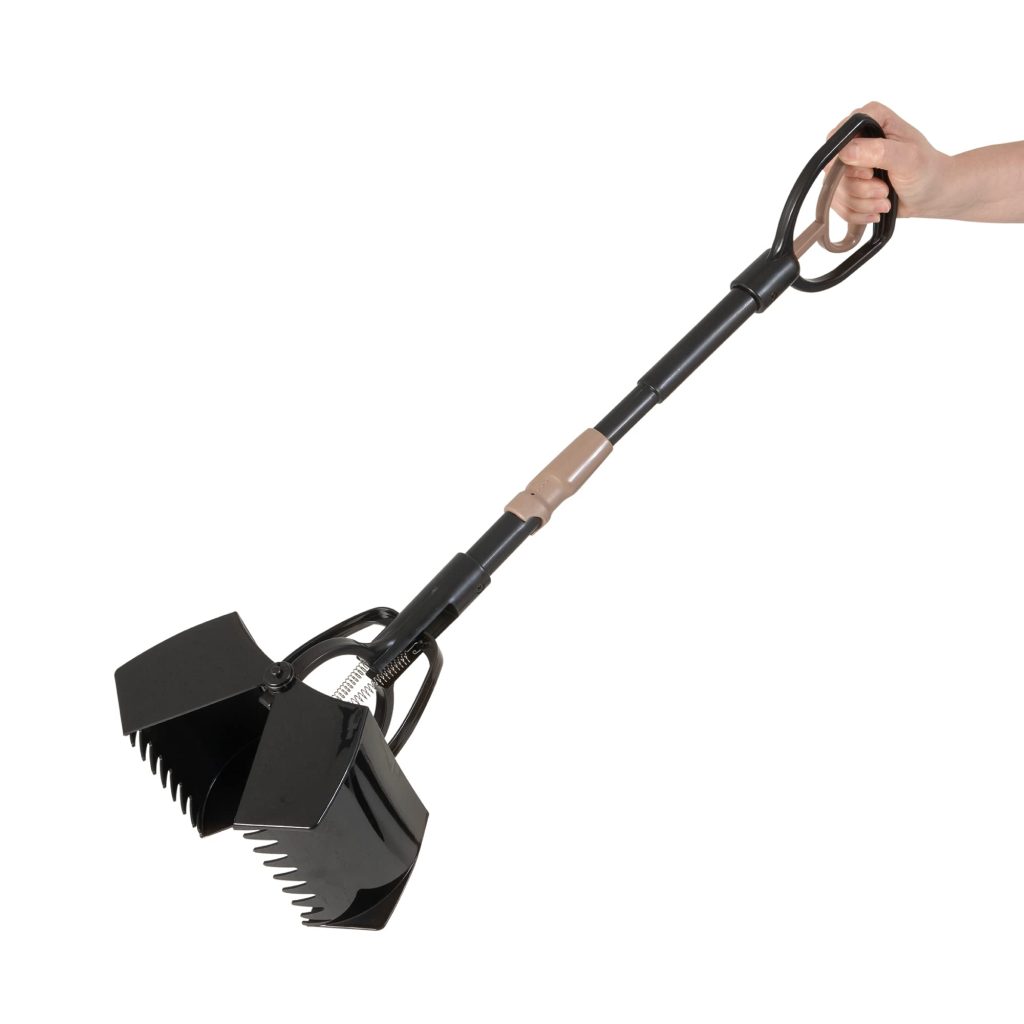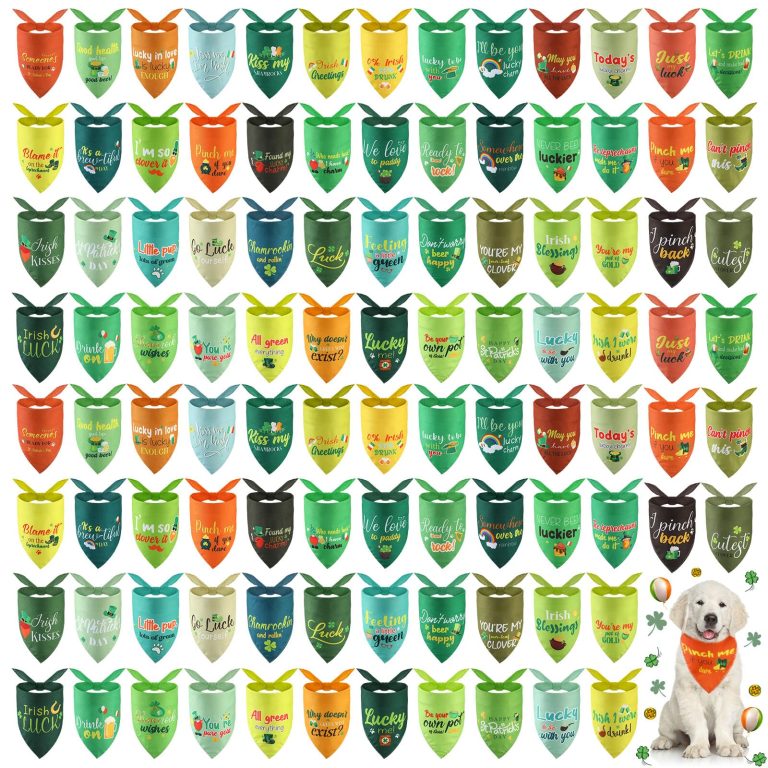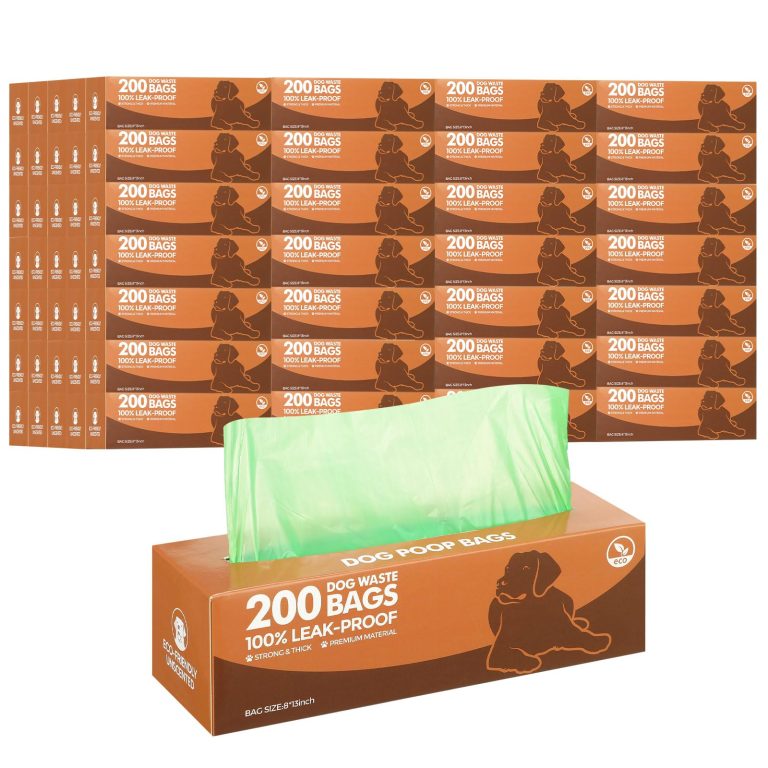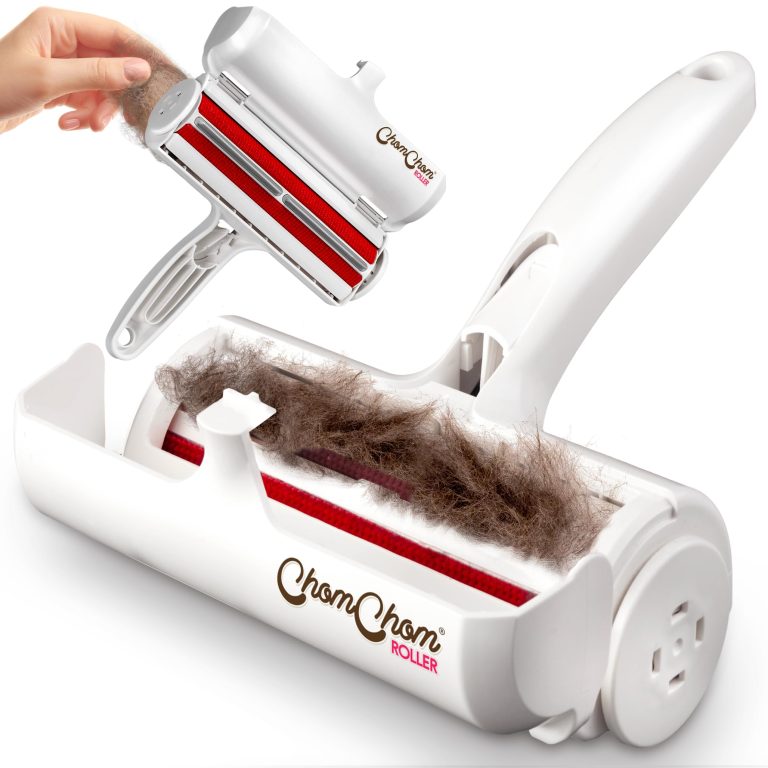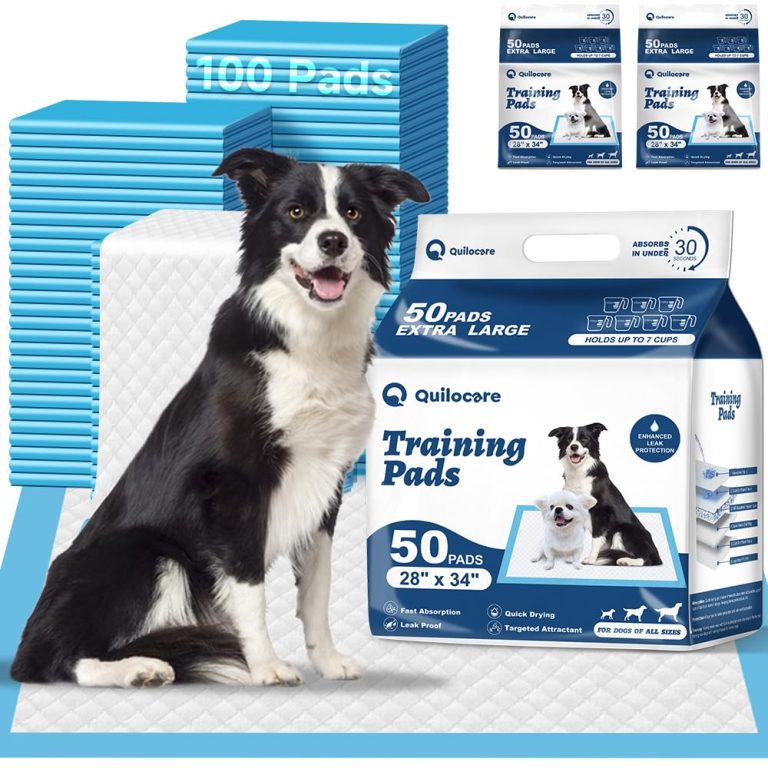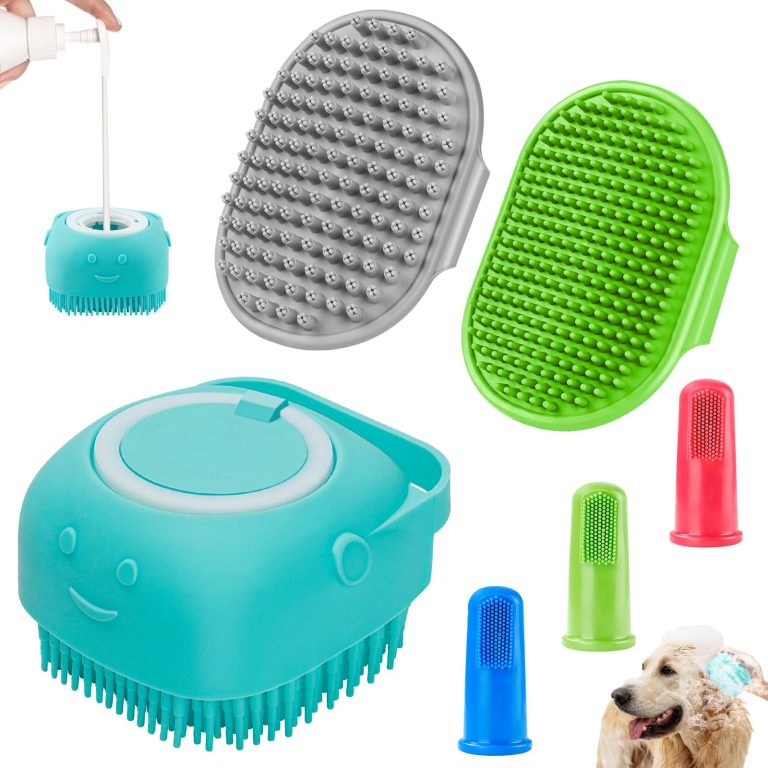The Role of Diet in Canine Dental Health

Understanding the Connection Between Diet and Dental Health in Dogs
Just like for humans, what a dog eats can significantly impact their dental health. Many pet parents may not realize the direct connection between their furry friend’s diet and those pearly whites. Poor diets can lead to plaque build-up, leading to tartar, gum disease, and eventually tooth loss. On the flip side, certain foods can actually assist in cleaning teeth and maintaining a healthy mouth environment.
It is essential to recognize that dogs’ natural behavior of chewing not only helps relieve anxiety and boredom but also aids in dental health. When a dog chews, it mechanically scrapes off plaque. But it’s not just about chewing; the type of food matters too. For instance, soft, wet foods are more likely to stick to teeth and contribute to plaque build-up, whereas dry kibble, given its rough texture, might help reduce plaque simply by the friction caused when chewing.
A balanced diet that combines dry food with specific nutrients tackling dental health is vital. Dental-specific dog foods might include additives like sodium hexametaphosphate which helps keep calcium off teeth or textures designed to keep teeth clean. Yet, while diet plays a significant role in dental health, it doesn’t replace regular dental care routines like brushing your dog’s teeth or professional cleanings. Think of a proper diet as an integral part of a comprehensive dental care plan for your dog.
Remember, every dog is unique, and dietary requirements will vary based on their size, breed, and life stage. It’s important to consult with your veterinarian to formulate a diet that will not only satisfy your dog’s nutritional needs but also promote optimum dental health.
Taking care of your dog’s dental health through thoughtful nutrition can save them from terrible toothaches and save you from expensive vet bills down the line. So next time you’re perusing the pet food aisle, consider the amazing benefits a proper diet can have on those canine canines!
Key Nutrients for Maintaining Canine Oral Health
When we talk about nutrients essential for canine oral health, we’re mainly looking at those that support strong teeth and gums and help reduce plaque and tartar build-up. One such nutrient is calcium, which is critical for the development and maintenance of strong teeth. However, it’s not just about having enough calcium in the diet; it also has to be in the right balance with phosphorus. A calcium-phosphorus ratio of about 1:1 is generally recommended for optimal dental health.
Another essential nutrient is vitamin C, which plays a role in the formation of collagen, an essential protein that helps maintain the integrity of the gums. While dogs can produce vitamin C in their bodies, additional sources could benefit their dental health, especially in breeds predisposed to gum disease.
Antioxidants, found in foods like blueberries, spinach, and sweet potatoes, are also beneficial. They can play a role in fighting inflammation and supporting the overall immune system, which includes the health of the gums. Besides these, chewing on fibrous foods can promote mechanical cleaning of the teeth – think of it as a toothbrushing session for your pup. Crunchy vegetables like carrots can be an excellent option for this.
For dogs that require a little extra dental care, you might want to consider specialized diets or treats fortified with dental-specific additives. These can help reduce bacteria and plaque in the mouth. For example, some diets include specific enzymes that help break down tartar or ingredients that have antimicrobial properties. It’s like having a mini-mouthwash built into their meals!
And let’s not say goodbye to protein – high-quality animal-based proteins can support periodontal health due to their amino acid profile. But beware of diets that contain excessive amounts of protein which can lead to an imbalance in the oral microbiome if not properly balanced with other nutrients.
Targeting key nutrients such as calcium, vitamins, antioxidants, and high-quality proteins will go a long way in maintaining your dog’s dental health. So, when picking out your pooch’s food, keep an eye out for these nutrients, and always remember to mix things up with some crunchy veggies to get that natural toothbrushing effect!
The Impact of Different Types of Dog Food on Dental Health
When considering the impact of various dog foods on your furry companion’s dental health, understanding the differences between wet and dry food is important. As mentioned earlier, the texture of dry kibble can naturally help clean teeth as dogs chew. That is because the hardness and dryness of the kibble have a slight abrasive effect, which can reduce plaque and tartar buildup. In fact, some dry foods are specifically designed with a crunchy texture to enhance this cleaning action further.
On the other hand, wet food tends to be softer and can stick to the teeth, contributing to plaque formation. While many dogs prefer the taste and texture of wet food, it doesn’t offer the same natural cleaning benefits as dry food. However, this doesn’t mean you need to eliminate wet food entirely from your dog’s diet. You can still serve it but in moderation, ensuring your dog also gets plenty of opportunities to chew on harder textures.
It’s also important to note that not all dry foods are equal in their dental health benefits. When shopping, look for high-quality kibble that includes dental health benefits, such as those containing specific enzymes or shapes that increase chewing and saliva production. Some brands offer dental health lines specifically designed to contribute to cleaner teeth and fresher breath.
Additionally, consider incorporating dental chews or treats into your dog’s diet. These products are often designed to be long-lasting, encouraging extended chewing time which mechanically helps remove plaque. Moreover, many of these chews contain ingredients that freshen breath and reduce bacteria in the mouth.
While diet is a significant factor in dental health, remember that it’s only one part of a comprehensive oral care routine. Ensure your dog has access to chew toys, regular teeth brushing, and check-ups with the vet to keep their mouth healthy.
Every dog will react differently to various types of food, so observing how your dog responds over time is essential. Some may thrive on a dry-food-only diet, while others may need a combination of both wet and dry. It is all about finding the balance that works for your particular pup while keeping their dental health at the forefront of your choices.
Ultimately, ponder discussing with your veterinarian about the best type of food for your dog’s dental and overall health. They can provide tailored advice based on your dog’s breed, age, and specific health needs, ensuring you make the best dietary decisions for your canine friend.
Tips for Choosing the Right Diet for Your Dog’s Dental Health
When it comes to selecting the perfect diet for your dog’s dental health, think options that encourage chewing. The act of chewing is not only a natural stress reliever for dogs but also plays a significant role in keeping their teeth clean. As such, selecting food and treats that offer some resistance and require a bit of effort to bite through can be particularly beneficial.
For those looking to boost their dog’s dental health through their diet, dry kibble is often a good choice because its hard texture can help remove plaque. However, not all dry foods are created equal in this regard. Seek out kibble this is designed with dental health in mind. Some brands have specific formulas aimed at reducing plaque and tartar formation, and these can be an excellent addition to your dog’s daily routine.
Nutrient-rich, crunchy vegetables should also have a place in your dog’s diet. Items like raw carrots or broccoli stems can help scrub your dog’s teeth as they chew, providing a great way to freshen their breath and clean their teeth between meals. These should be given in moderation as part of a balanced diet and not as a replacement for meals.
- Aside from the main meals, consider specialized dental treats and chews designed to support oral health. These treats are often formulated with ingredients that help control plaque and tartar or have a texture that facilitates mechanical cleaning. Choosing treats wisely can support your dental care efforts.
- When feeding your dog, consistency is also important. Sudden changes in diet can lead to digestive issues, but they can also affect your dog’s oral microbiome. Aim for a steady diet and introduce any changes gradually to give your pet’s system time to adjust.
- A homemade diet can offer more control over what goes into your dog’s mouth, but it must be well-researched and balanced. If opting for homemade meals, ensure you’re including ingredients that benefit dental health and seek guidance from your vet or a canine nutritionist to ensure the diet is complete and balanced.
Remember that even with the best dietary practices, some dogs may be predisposed to dental issues due to genetics, breed-specific characteristics, or pre-existing health conditions. Regular check-ups with a veterinarian will help catch any potential problems early on and will allow you to make informed decisions about your dog’s diet and oral health regimen.
When shaping your dog’s diet for their dental health, prioritize hard, crunchy textures that promote chewing, be discerning about treats, maintain consistency, and balance it all within a nutritious and complete dietary plan.
